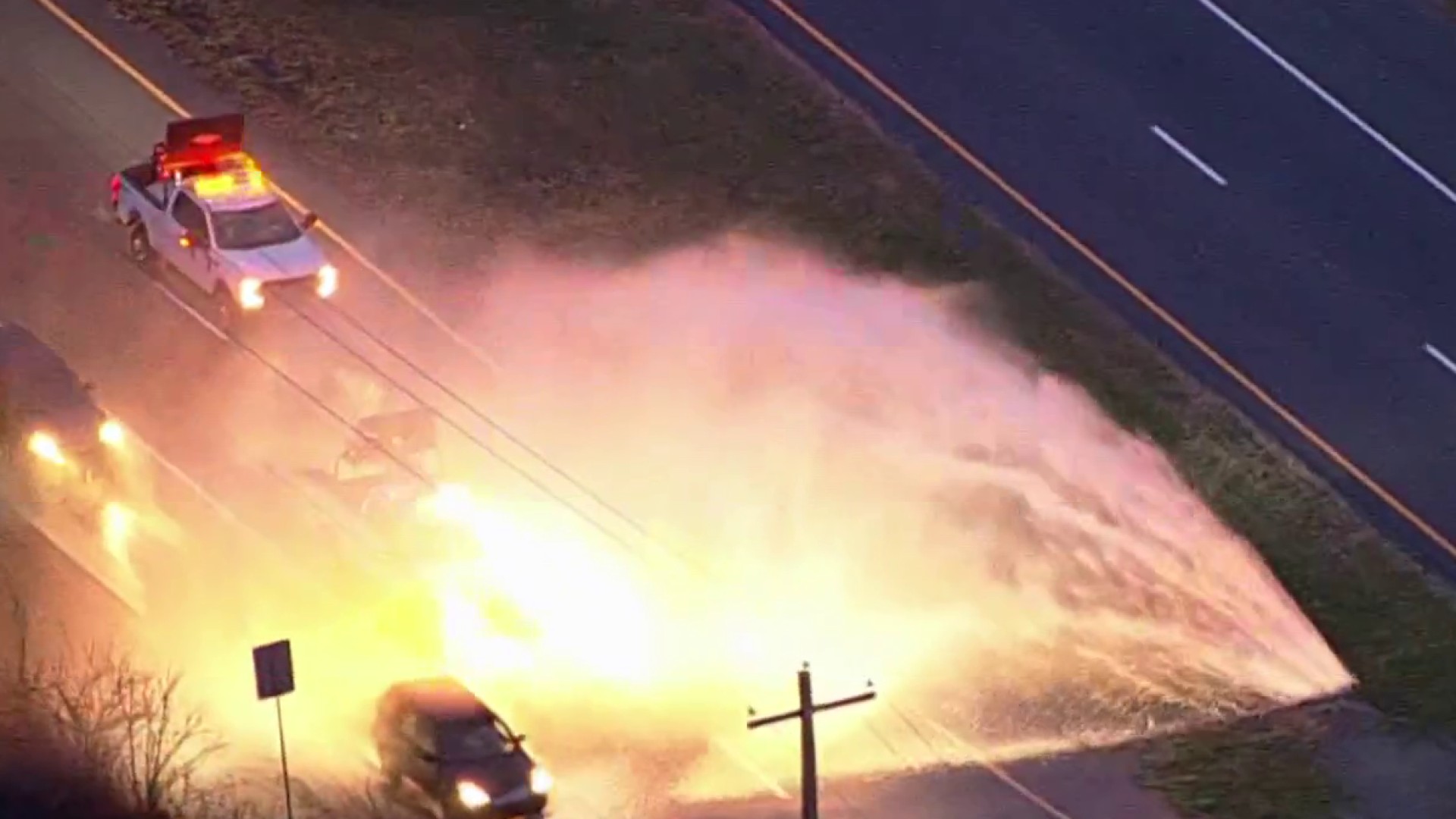The Delaware County boy and his mother say it’s discrimination and now the Milton Hersey School is facing a lawsuit.
The Milton Hershey School was founded by the chocolate tycoon as a school that "nurtures and educates children in social and financial need to lead fulfilling and productive lives."
But it seems that fulfillment won’t be coming for a 13-year-old honor student from Delaware County who is infected with the virus that causes AIDS.
"I feel no other teenager should go through this, being denied just because they have HIV," the boy said in an exclusive interview with NBC Philadelphia’s Denise Nakano.
His lawyer has filed a discrimination suit in U.S. District Court that alleges that the Hershey School "violated multiple anti-discrimination laws" by not admitting the boy based on him being HIV Positive.
The lawsuit was filed under a pseudonym and the boy and his mother's identities weren't revealed per their request.
The private boarding school doesn’t deny that they rejected the boy’s admission because of concerns for the health and safety of fellow students. They even petitioned to have the court review the case, they said.
Milton Hershey School released a statement Wednesday saying in part that “in order to protect our children in this unique environment, we cannot accommodate the needs of students with chronic communicable diseases that pose a direct threat to the health and safety of others.”
(The entire statement from the Hershey School is listed below.)
Ronda Goldfein from the AIDS Law Project is representing the boy and his mother in the federal discrimination lawsuit.
Local
Breaking news and the stories that matter to your neighborhood.
"If you have a school that’s open to the public, then it’s open to the public," Goldfein said. "If you have a student that has a particular need and requests assistance, then you accommodate. You don’t simply say we don’t like you, we don’t like your diagnosis, you can’t come here."
"It makes me angry, like really, really angry because they don't understand how great he is," the boy's mother said.
The 13-year-old has lived with HIV all of his life but doesn’t feel it defines him.
He excels in school, is active in sports and is learning to speak two foreign languages. He was hoping to go to Hershey -- a cost-free, private boarding school for children from low-income families -- to advance his education.
"They didn’t look at whether my client presented any threat, they just said 13-year old boy with HIV, oh no, that’s too dangerous," Goldfein said.
The lawsuit calls for Hershey to admit the boy and give unspecified monetary damages.
"I think that it was wrong to put me through emotional distress," the boy said.
Here is the entire statement from the Hershey School:
Today, Milton Hershey School had planned to file a request in federal court asking the court to review our decision to deny enrollment to a child who is HIV positive because of concerns for the health and safety of our current students.
We had been in discussions with the AIDS Law Project of Pennsylvania, which is representing this 13-year-old boy. Recognizing the complex legal issues, the School was preparing to ask the court to weigh in on this matter. Unfortunately, attorneys for the young man took the adversarial action of filing a lawsuit against the School.
The decision to deny enrollment was a challenging one for us to make. Like all our enrollment decisions, we need to balance our desire to serve the needs of an individual child seeking admission with our obligation to protect the health and safety of all 1,850 children already in our care.
Attorneys for this young man and his mother have suggested that this case is comparable to the Ryan White case. But this case is actually nothing like the Ryan White case. Milton Hershey School is not a day school, where students go home to their family at the end of the day. Instead, this is a unique home-like environment, a pre-K to 12 residential school where children live in homes with 10 to 12 other students on our campus 24 hours a day, seven days a week.
In order to protect our children in this unique environment, we cannot accommodate the needs of students with chronic communicable diseases that pose a direct threat to the health and safety of others.The reason is simple. We are serving children, and no child can be assumed to always make responsible decisions which protect the well-being of others.
That is why, after careful review and analysis, we determined we could not put our children at risk.



